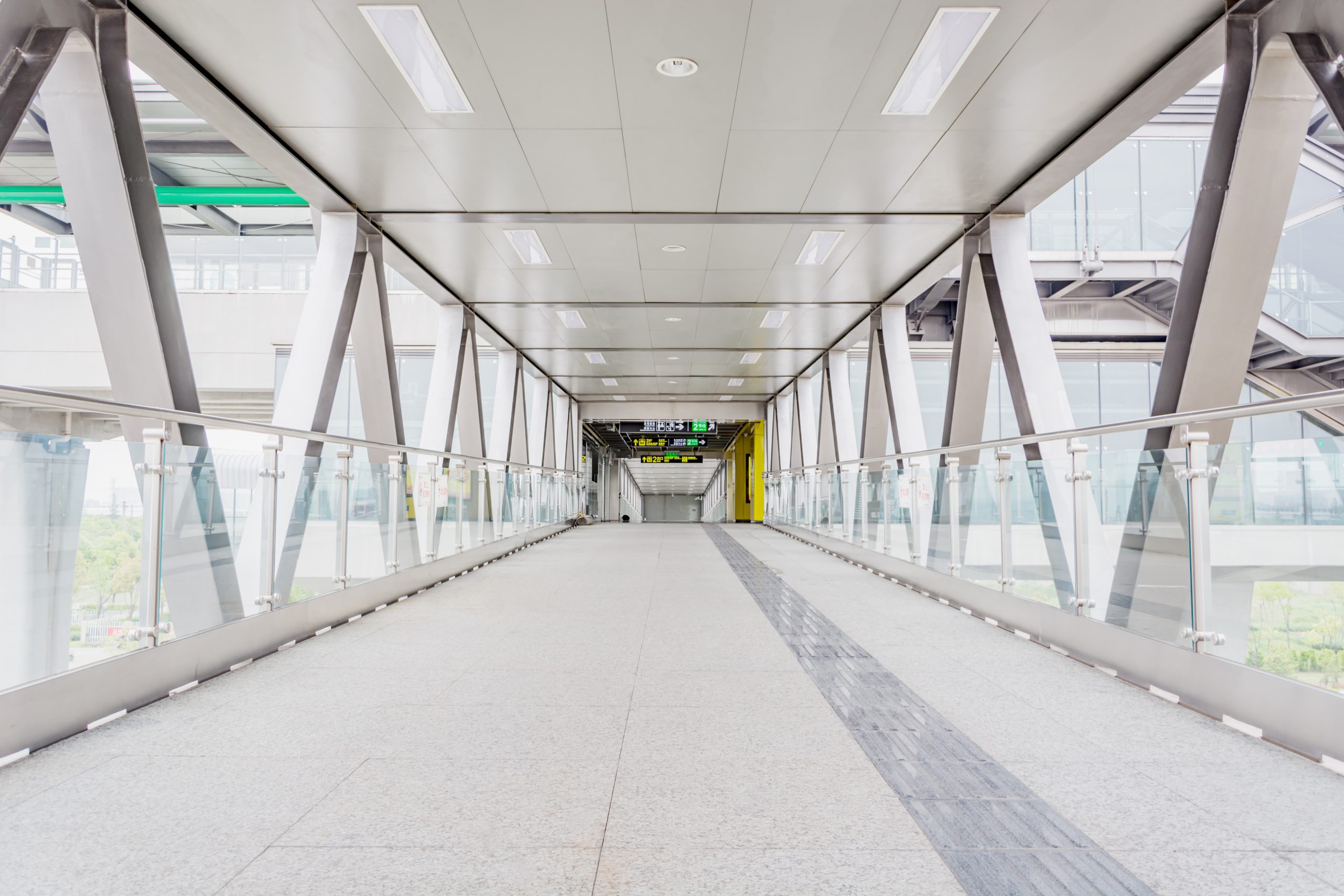Quick Summary of Bill C-23
It is no secret that Canada and the United States have one of the most important trading relationships in the World. While the American presidential election has taken the spotlight in terms of politic news, ad of late, the Canadian federal government is proposing to rewrite Canada’s electoral laws. On June 17, 2016, the Minister of Public Safety and Emergency Preparedness introduced Bill C-23 “an Act respecting the preclearance of persons and goods in Canada and the United States” (to be known as the “Preclearance Act 2016″) in the House of Commons. The main purpose of the Agreement and Bill C-23 is to facilitate and expedite travel between Canada and the United States for goods and services.
Bill C-23 is intended to implement the Agreement on Land, Rail, Marine, and Air Transport Preclearance between the Government of Canada and the Government of the United States of America signed on March 16, 2015 (the “Agreement”). Part 1 of Bill C-23 authorizes United States customs officers to conduct preclearance in Canada of travelers and goods bound for the United States. Preclearance allows the inspection of goods and people before they leave the country of exit. Bill C-23 allows any traveler destined for the United States to revoke from the preclearance process, unless the traveler is detained under Part 1.Under the Bill, Canadian police officers and the officers of the Canada Border Services Agency are sanctioned to support United States preclearance officers in the upholding of their powers and performance of their duties and functions.
Part 2 of Bill C-23 speaks to the performance of Canadian preclearance officers in the United States. Bill C-23 specifies how the Immigration and Refugee Protection Act will apply to travelers bound for Canada who are in preclearance areas and preclearance perimeters in the United States. This spreads the claim of other Canadian legislation that relates to the entry of persons and importation of goods into Canada to those preclearance areas and preclearance perimeters. Bill C-23 allows a traveller bound for Canada to withdraw from the preclearance process, unless the traveller is detained.
Part 3 of Bill C-23 contains amendments to the Criminal Code.
Part 4 of Bill C-23 amends the Customs Act.
Some examples of implications the Bill include, high risk passengers being screened before being allowed to proceed. Goods are also x-rayed to identify risks. This preclearance is also to expand to other airports and land/rail/marine locations. The preclearance arrangements under this Bill, essentially increase the American customs presence in Canada. C-23 would give an agent posted at a U.S. airport the right to prevent the resident from boarding a flight to Canada. Under this Bill, with new powers to question, search and detain Canadian citizens, U.S.A border guards are able to erode the standing of Canadian permanent residents by threatening their automatic right to enter or leave Canada. This may be problematic, given new President, Trump’s promising of greater scrutiny of travelers coming into the USA.
The United States and Canada are crucial allies to one another. The United States and Canada must continue to work together to address terrorizations at the border as well as throughout the two countries, while expediting lawful cross-border trade and travel. Canada is the only country in the world with which the United States has signed a new Preclearance agreement that covers all modes of transportation across our shared border. To date, the Trudeau government has reinforced its support for the Agreement and is passing the necessary legislation to implement the Act. The Agreement can only enter into force once both countries have enacted the required implementing legislation (in Canada, Bill C-23).
To read more about Bill C-23, please visit: Click Here
